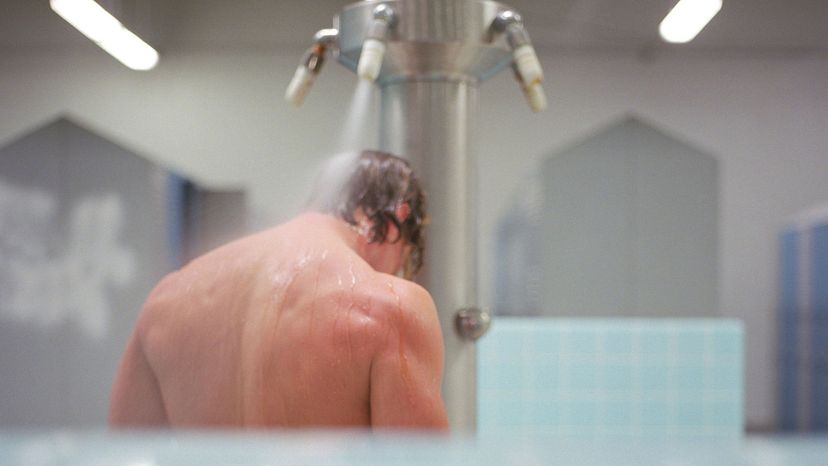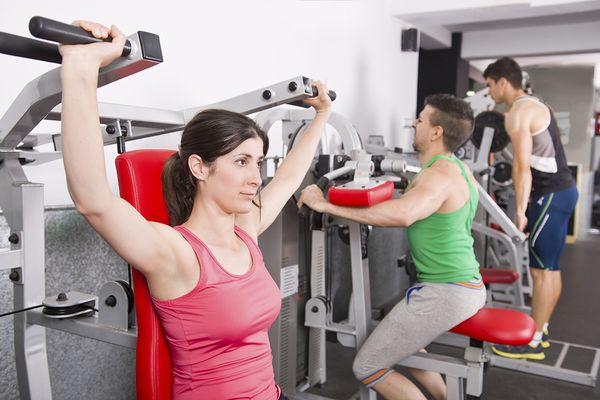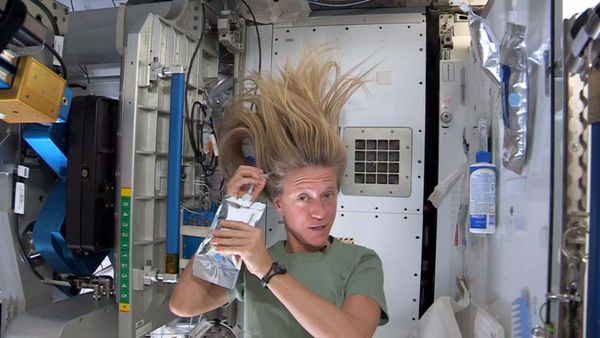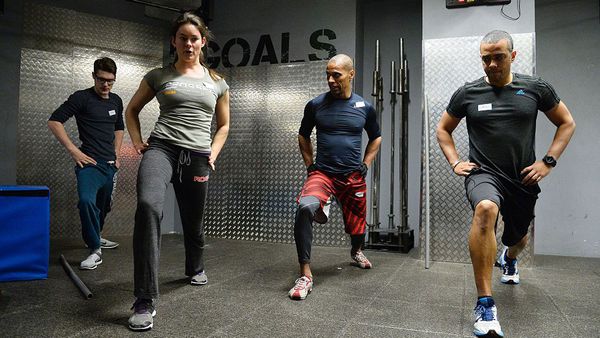
Most men who exercise at the gym look forward to a shower after a hard workout. Leaving the gym sweaty is never very appealing. A shower leaves you feeling fresh and relaxed and washes away the sweat and waste matter you secrete during a workout.
However, there may be times when you wait to shower at home. Maybe you're in a hurry. Maybe you don't like the facilities at the gym. Maybe the showers are too crowded. At home you luxuriate under the faucet for as long as you like — even sing if you feel so inclined.
Advertisement
Either way, you should learn about the showers at the gym as soon as you join. How many are available? Will you have to wait for others to finish? Does the gym provide lockers? Towels? Soap? Can you store your workout clothes in a locker overnight? Are hot-air dryers available? Answers to these questions will help you determine whether to shower at home or at the gym.
For some, privacy is an issue. Are showers arrayed in one room or are they in individual stalls? Hygiene is also important. What are the gym's policies about cleaning and disinfecting showers? How often do they clean lockers, the locker room floor and other parts of the facility?
Keep reading for five tips to keep in mind when showering at the gym.


